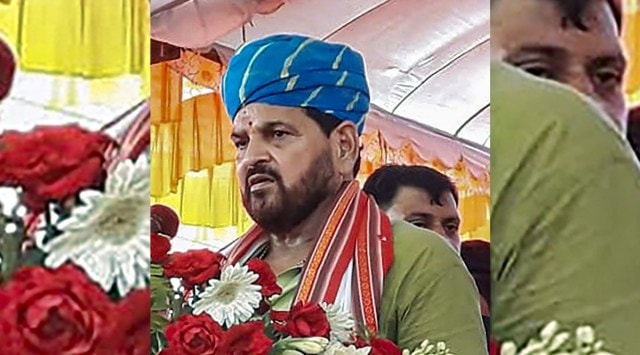
It has been over 10 years since the enactment of the Protection of Children from Sexual Offences Act 2012 (the POCSO Act) and nearly a decade since the Criminal Law (Amendment) Act 2013, which amended the Indian Penal Code (IPC), Criminal Procedure Code (CrPC) and the Indian Evidence Act, after the December 2012 Delhi rape and murder case. The POCSO Act and the amendments to criminal law portrayed the legislature’s intent to safeguard women and children from sexual offences. Moreover, the Crime in India 2021 report, shows that 89,200 cases were registered in the country under Section 354 of the IPC and 16,401 cases under Sections 8 and 10 of the POCSO Act. These figures may reflect the efficacy of these legislation. But is that the picture on the ground?
The current wrestlers’ agitation makes it clear that what matters is not just the enactment of legislation and the number of cases registered – the application of the law is also vital. The wrestlers’ demands and the state machinery’s reaction to them indicate that Brij Bhushan Sharan Singh, a six-time member of Parliament, currently holding a BJP seat in Uttar Pradesh, appears exempt from the application of the POCSO Act or the IPC.
The complaints made by the wrestlers against Singh, who is also the president of the Wrestling Federation of India, are of a serious nature – groping, demanding sexual favours in lieu of professional assistance, stalking, etc. But it took four months of agitation for an FIR to be registered against him. FIRs were registered only when the Supreme Court issued notice on the wrestlers’ plea.
Belatedly, two FIRs were registered — the first under Section 8 of the POCSO Act (punishment for sexual assault, that is punishable with imprisonment from three years to five years); the second FIR is under Section 354 IPC (assault or criminal force to woman with intent to outrage her modesty, that is punishable with imprisonment from one to five years), Section 354A IPC (sexual harassment and punishment for sexual harassment, that is punishable with imprisonment that may extend to one year) and Section 354D (stalking, that is punishable with imprisonment that may extend to one year). A Special Investigation Team (SIT) has been constituted to look into these allegations. Child rights practitioners would say that it is not Section 8 of the POCSO Act, but Section 10 (punishment for aggravated sexual assault, that is punishable with imprisonment for five years to seven years) that should have been invoked as Singh is “in a position of trust or authority” vis-à-vis the minor wrestler. Nevertheless, the primary concern is the attempts being made to thwart the investigation. A rally in Ayodhya was proposed with “the blessings of the sadhus” for repeal of the POCSO Act to be addressed by Singh, which has since been postponed. Singh had the audacity to hint that laws to protect women and children are being misused.
If a common man was accused, the wheels of criminal law would have immediately been set into motion — an FIR would forthwith be registered, the accused would be arrested, and his bail application would be strongly opposed. But, the same yardstick does not apply to Singh, who has friends in powerful places.
The paradox also is that instead of arresting Singh for the sexual offences committed, the agitating wrestlers were detained on May 28 as they attempted to march to the new Parliament building.
This incident takes one back to 1990 and the Ruchika Girhotra case, where a 14-year-old budding tennis player was sexually harassed by the founding president of the Haryana Lawn Tennis Association, who was also the then Inspector General of Police (Haryana), and the mental/physical torture faced by her family on registration of FIR, which ultimately resulted in Ruchika taking her own life. Ruchika Girhotra’s case led to the demand for stronger legislation to combat child sexual offences. Thirty-three years after Ruchika’s death and several years after the enactment of the POCSO Act and an amendment to the IPC, the hounding of women and children who have the courage to raise their voices against the powerful, continues.
The law must be applied equally to all, irrespective of the accused or offender’s rank or influence.
The writer is a lawyer practising in Mumbai